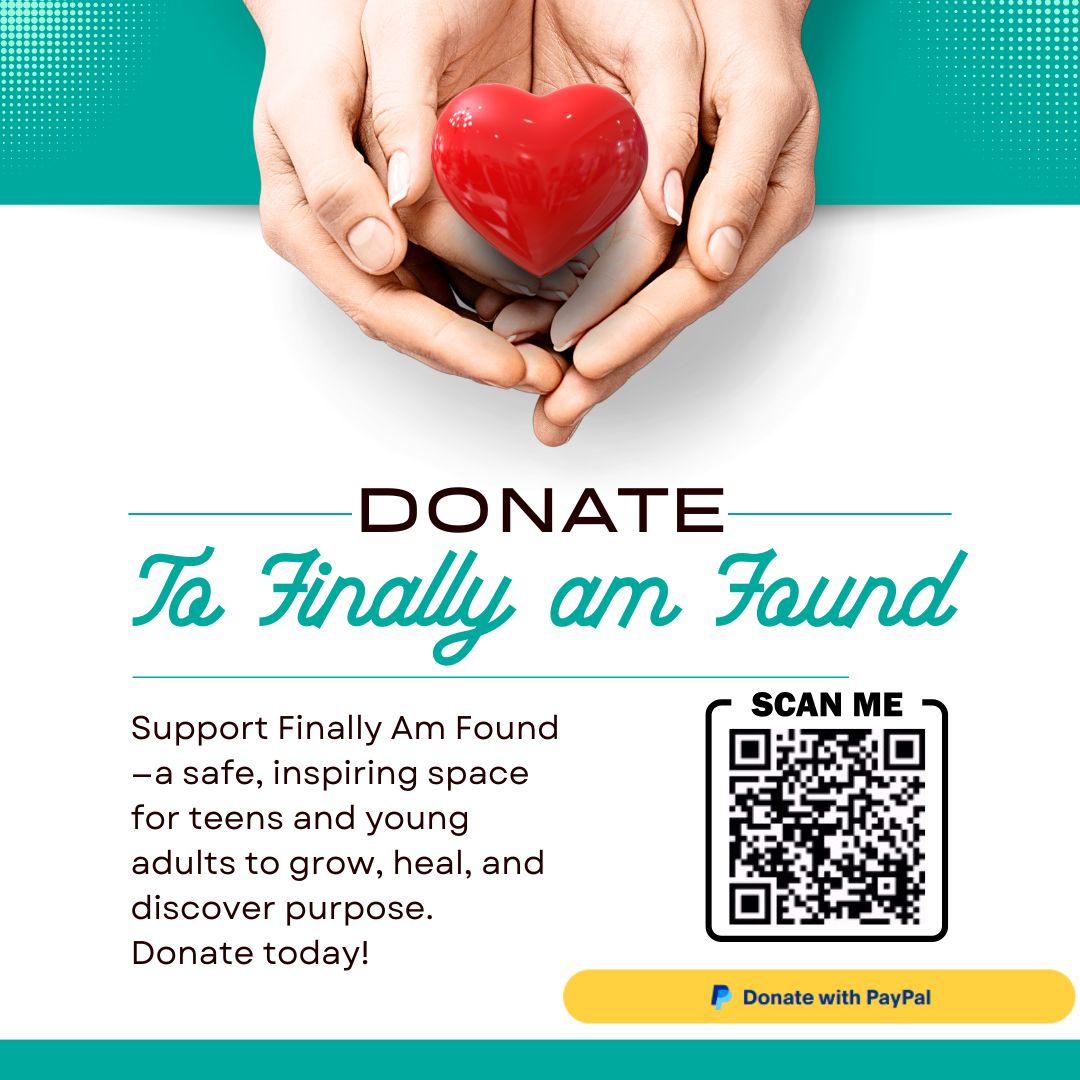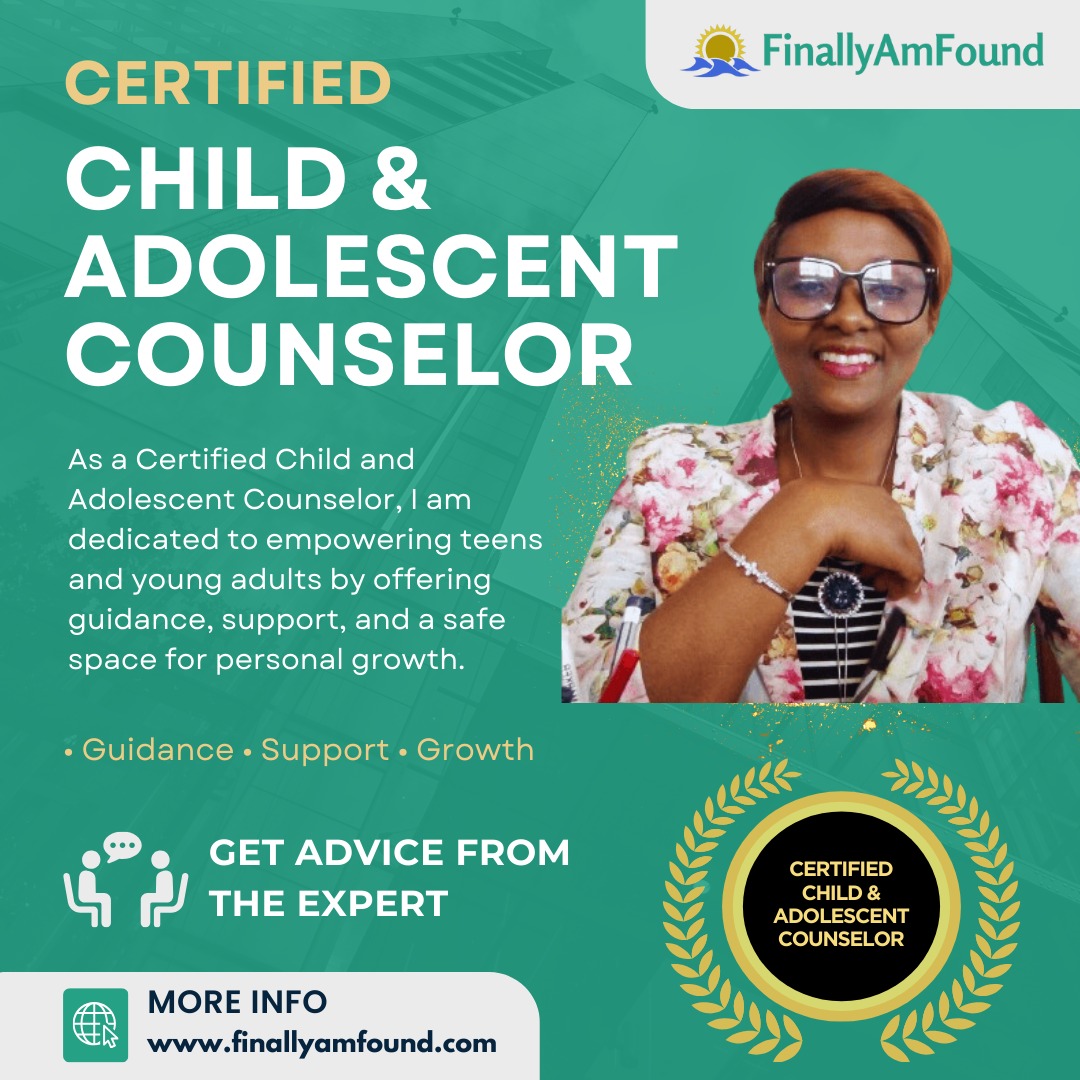The teenage years can be a tumultuous period full of challenges for everyone, but for teens with special needs, this developmental stage brings its own set of unique obstacles and victories. Gaining insight into their daily experiences and struggles enables us to offer more effective support and foster a truly inclusive environment. Let’s take a closer look at the lives of these extraordinary young individuals and explore meaningful ways to make a positive impact in their lives.
It’s crucial for peers to provide encouragement and companionship without resorting to rejection, pity, judgment, or mockery. Instead, we should embrace the opportunity to understand and uplift them, fostering genuine connections that celebrate their strengths and individuality.
Understanding Special Needs
Special needs encompass a wide range of conditions that can affect a teen’s physical, cognitive, emotional, or social development. For instance, intellectual disabilities (e.g., Down syndrome, autism spectrum disorder), learning disabilities like dyslexia, and dysgraphia (a learning disability that affects a person’s handwriting and motor skills involved in writing. It can make it difficult to form letters, write legibly, and maintain consistent spacing) can make reading and writing tasks particularly challenging, requiring specialized teaching methods and tools.
This can impact social interactions and communication skills, making it challenging for teens to understand social cues and engage in typical peer activities. Emotional and behavioral disorders, e.g., Attention Deficit Hyperactivity Disorder (ADHD), often result in difficulties with focus, organization, and impulse control, which can affect academic performance and daily routines.
Emotional and behavioral disorders, including anxiety and depression, can significantly impact a teen’s ability to cope with everyday stressors and maintain healthy relationships.
Physical Disabilities and Daily Challenges
Physical disabilities—like cerebral palsy, albinism, spina bifida, muscular dystrophy, amputations, osteoporosis, scoliosis, or eye conditions such as glaucoma and retinal detachment—often come with a heavy burden of challenges that test a teen’s strength every single day. Imagine navigating school hallways, where a wheelchair can feel like a glaring target, or trying to focus on academics while enduring the whispers of classmates who think their stares go unnoticed.
For some, it’s not just the physical pain but the invisible ache of being labeled “different” in a world where perfection is the unrelenting standard.
The Impact of Bullying
But what happens when the bully refuses to see past the crutches, the scars, or the adaptive equipment? When their laughter rings louder than any words of encouragement, it carves a wound deeper than any physical disability ever could. What if one insult becomes the catalyst that drives a quiet teen to retreat further into their shell, questioning their worth?
Yet, here lies the twist: teens with disabilities are not the fragile victims the bullies believe them to be. Beneath the surface burns a quiet resilience, an untold strength forged from overcoming battles most will never understand.
And the bully? Perhaps they don’t realize that one day, life has a way of revealing who the real underdog is. Would they still laugh if they knew the very person they mocked would rise to inspire others, shattering every cruel assumption ever made?
Disability and Respect
Disability is not a weakness or a choice—it is a part of a person’s identity that should be respected and valued. Bullies must understand that everyone deserves respect and kindness, regardless of their abilities. By choosing to be allies instead of adversaries, bullies can help foster a more inclusive and supportive environment where all teens can thrive and feel valued.
Additionally, understanding and accepting differences can lead to personal growth and stronger, more meaningful relationships for everyone involved. Bullies should also be aware that teens with disabilities often possess incredible resilience and unique strengths. These individuals frequently develop exceptional problem-solving skills, creativity, and empathy as they navigate their daily challenges.
Stop using derogatory language or slurs, or engaging in other forms of bullying, which can cause harm and hurt. Why make life harder for them to achieve their goals?
The Morning Routine: Structure and Predictability
For many teens with special needs, a structured morning routine is crucial. It provides a sense of predictability and helps reduce anxiety. For instance, teens with autism often benefit from a consistent schedule that includes specific times for waking up, eating breakfast, and getting ready for school. This routine can be tailored to their individual needs, incorporating sensory-friendly activities and allowing for extra time if needed.
How Peers Can Help: Friends can offer gentle reminders and encouragement to stick to their routines. They can also be patient and understanding if their friend needs extra time or has specific preferences in the morning.
School Life: Accommodations and Support
Navigating school is challenging for teens with special needs. The environment often comes with unique demands. Tailored accommodations are essential for academic and social success.
Students with learning disabilities, like dyslexia or ADHD, benefit from extended test time. This allows them to process information at their own pace. Assistive technology, such as text-to-speech or digital note-taking tools, can help them engage with material. A quiet, distraction-free workspace is also crucial for focus.
A supportive network of teachers and peers is equally important. Trained educators can create a welcoming atmosphere. Empathetic classmates can foster belonging and boost confidence. These factors profoundly improve the school experience.
How Peers Can Help: Classmates can be allies by advocating for inclusive practices and being supportive study partners. They can also help by including their peers in group activities and ensuring they feel welcome and valued.
Social Interactions: Building Relationships
These teens often face barriers that make it difficult to form and maintain friendships, such as communication challenges, physical limitations, or social stigma. They may struggle to form and maintain relationships with their peers, leading to feelings of loneliness and isolation.
How Peers Can Help:
Friends hold the power to change everything for a teen with special needs—but what happens when that power is misused or ignored? Imagine a group laughing together at a lunch table while their classmate with special needs sits nearby, trying to muster the courage to approach. The hesitation isn’t just shyness—it’s the weight of countless rejections and awkward encounters.
What if, instead, one friend dared to break the silence? By inviting their peer to join a conversation, they could spark a connection that changes everything. But here’s the twist: inclusion isn’t always easy. It takes patience to navigate different communication styles. It takes courage to stand against those who might tease or exclude.
When peers model kindness and offer guidance, they create a lifeline for someone who might otherwise feel invisible. But will they take the chance? Or will the opportunity slip by, leaving their peer wondering what it’s like to truly belong? The decision rests in their hands—and its impact could last a lifetime.
Extracurricular Activities: Finding Joy and Purpose
Participating in extracurricular activities can provide a sense of accomplishment and belonging. Whether it’s joining a sports team, engaging in art classes, or being part of a music group, these activities offer opportunities for teens with special needs to explore their interests and talents.
How Peers Can Help:
Encouraging friends to join clubs or teams and participating alongside them can help teens with special needs feel more comfortable. Peers can also advocate for inclusive practices within these activities to ensure everyone can participate.
Sensory Overload
For many teenagers with sensory sensitivities, some environments or situations can feel overwhelmingly intense, leading to heightened anxiety and discomfort. This might happen in settings like loud concerts, bustling crowds, or brightly lit spaces, where the sounds, sights, and smells can become too much to handle.
How Peers Can Help:
Friends play a crucial role in supporting their peers during these challenging moments. It’s important to be aware of their unique sensory needs and to offer assistance when necessary. If you notice that they’re becoming overwhelmed, gently suggest taking a break in a more peaceful, low-stimulation environment where they can regroup. Providing earplugs or noise-canceling headphones can also make a big difference in helping them feel more at ease or even advocating for stimulation to be reduced.
Additionally, when planning outings, keep an eye out for potential sensory triggers; giving your friend a heads-up before entering loud or crowded places can empower them to prepare mentally and emotionally for what lies ahead.
Stigma and Stereotypes
Teens with special needs often face stigma and negative stereotypes from their peers, which can worsen feelings of isolation and low self-esteem. These attitudes stem from ableism—a belief that devalues individuals with disabilities, viewing them as less capable. Common stereotypes suggest that these teens are less intelligent, unfit to contribute to society, or overly dependent on others.
Such misconceptions can lead to exclusion, bullying, and discrimination in schools and communities. For example, teens with intellectual and developmental disabilities often report experiences of name-calling, ridicule, and social exclusion. These encounters can result in feelings of isolation, anxiety, and depression, making it harder for them to build meaningful relationships and engage in daily activities.
Peer Support:
- Speak up against negative attitudes or stereotypes.
- Share facts and stories that raise awareness about different disabilities and their challenges.
- Treat them as equals and avoid patronizing or making assumptions about their abilities.
- Emphasize their strengths and achievements, and remind them that they’re not alone.
Evening Routine: Unwinding and Reflecting
Just as the morning routine sets the tone for the day, an evening routine helps teens with special needs unwind and prepare for rest. This might include calming activities such as reading, listening to music, or engaging in a favorite hobby. For some, it may also involve therapeutic practices like mindfulness or sensory integration exercises or joining loved ones in their activities as they unwind.
Creating a peaceful and supportive environment at home can significantly enhance their overall well-being.
How Peers Can Help:
Friends can respect their peers’ need for downtime and offer support by suggesting relaxing activities they can do together. They can also be understanding if their friend needs to leave social events early to stick to their evening routine.
The Role of Family and Community
Families play a pivotal role in supporting teens with special needs. Open communication, patience, and understanding are key. It’s also essential for families to seek out resources and support networks, such as local support groups or online communities, where they can share experiences and advice.
Communities can contribute by fostering an inclusive atmosphere. Schools, recreational centers, and local organizations should strive to accommodate the needs of all teens, ensuring they have equal opportunities to succeed and thrive.
How Peers Can Help:
Teens can encourage their families and communities to be more inclusive by sharing their experiences and advocating for their friends with special needs. They can also participate in community events that promote awareness and inclusion.
Spiritual Well-Being
Spiritual well-being can be a lifeline for teens with special needs, offering hope amidst their struggles. But what happens when that faith is shaken by questions that seem to have no answers? “Why did God allow this to happen to me?” “Am I truly valued in His eyes?” These questions weigh heavily on their hearts, often deepened by the whispers of a world that measures worth by physical perfection.
This is where peers hold a profound responsibility. Imagine a teen hesitating at the church entrance, burdened by doubt and wondering if they truly belong. Will their peers notice and extend a hand, or will the opportunity to bring light into their life pass unnoticed? A small gesture—an invitation to pray together or to join a youth group—could bridge the gap between despair and hope.
In creating a non-judgmental space, peers can encourage open conversations about faith. Together, they can explore the richness of scripture, drawing on stories of resilience, like Joseph rising from slavery to leadership or Jesus touching the untouchable. But it won’t always be easy. Guiding someone through spiritual doubt requires patience and love, even when questions seem unanswerable or guiding them to seek guidance from teachers of the Word.
What if, in their vulnerability, they push others away? Will their peers persist, understanding that God’s love calls us to unwavering support?
Conflict deepens as the teen wrestles with reconciling their experiences with a loving God. How can they believe in divine grace when their outer struggles feel unrelenting? Yet, this is the heart of faith—seeing past the brokenness of the world to the wholeness of the spirit. Peers can remind them that in God, there is abundance, blessing, and peace, no matter how differently abled they may be.
Stories of others who’ve overcome through faith can spark inspiration. A teen hearing how someone else found joy despite adversity might realize they’re not alone. Together, they can reflect on the truth that every life holds a unique purpose, that in God’s eyes, they are fully loved and whole.
In the course of this shared journey, individuals may come to appreciate the beauty inherent in God’s creation, wherein diversity is recognized not as a flaw but as a masterpiece. A critical question arises: will they possess the courage to embrace their intrinsic worth, or will the shadows of doubt obscure their perception of the divine light within? The resolution to this dilemma lies in their capacity to trust and in the steadfast support of those accompanying them on this path. This is the essence of faith—it becomes transformative not only for the individual facing challenges but also for all those who elect to engage in this journey together.
Call to Action
This is your opportunity to make a difference. Whether through a simple act of kindness, an invitation to pray, or sharing the stories of God’s love, you can be the vessel that brings light into someone’s life. Step into the role of a compassionate peer, creating spaces of belonging and hope for teens who may feel unseen or uncertain of their worth. Be the one who reflects God’s grace, reminding them that they are fully loved, fully valued, and beautifully created for a purpose. Together, let’s build a community that mirrors the heart of Christ—where every individual feels seen, supported, and cherished. Will you take the step today?
A Prayer for Support
Dear Lord Almighty,
I thank you for your unconditional love for Your creation. I pray for renewed commitment to being a faithful friend and advocate for my fellow teen with special needs. I pray for a deeper understanding of their struggles and triumphs, and for the wisdom to support them in ways that are meaningful and impactful, for we are all Your loving children.
Thank You for Your forgiveness, Your love, and Your guidance. Help me to be a reflection of Your light and love in the lives of all people with special needs, helping them to be the best they should be.
In Jesus Christ’s name, I believe and pray,
Amen.
Hey, I’m Angeline, your RN and founder of Finally Am Found. With a heart for mentorship, I’ve been guiding teens and young adults since 2017. As a Registered Nurse, I blend medical expertise with personal experiences to create a Christ-aligned space for self-discovery. Connect with Angeline on Facebook and let the journey to self-discovery begin!















